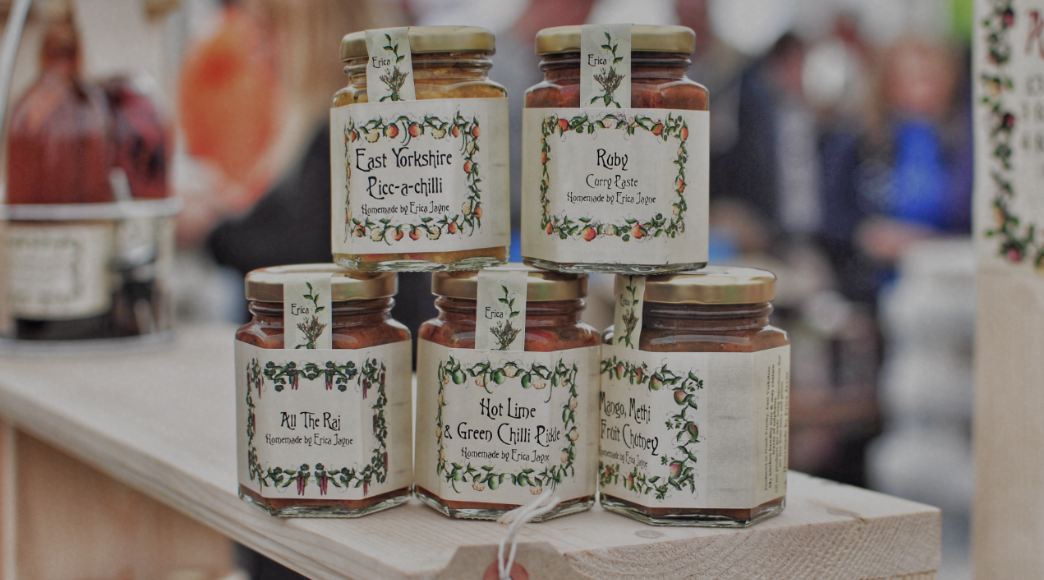New Product Launches

Private label goods are goods that are retailed, packaged, and sold.
Choose the product you want to sell: The core of a private label brand is finding a product and then putting your own label on it. You can decide the product based on a personal brand, your passion, a secret recipe or a unique perspective on a product.
Additional business costs: Private label goods tend to be more expensive than reselling or drop shipping. To figure out the margins, calculate the costs incurred at the initial creation of the product to the warehouse or store of your choice. This includes manufacturing costs, shipping and customs, and inbound shipping. Typical costs include:
- Production costs: The materials, manufacturing cost, labor and shipping costs.
- Packaging: The presentation of the finished product, including branding, name and logo.
- Commercial Kitchens: Commercial kitchens are fully equipped prep kitchens that can be rented out for shared use. Commercial kitchens are licensed as such.
Food labels: Labels for private label food goods are very important. Two labels are needed. The front label should have your logo and branding. The back label is the nutritional label that shows:
- Address of production
- Ingredient listing
- Allergy warning
- Nutritional information and analysis
Brand Identity
Brand Name: Choose a unique and memorable name for your catering service.
Logo: Design a professional and distinctive logo that represents your brand.
Slogan or Tagline: Craft a catchy and meaningful slogan that communicates your brand message.
Benefits of Private Labeling:
- Cost savings compared to developing and manufacturing proprietary products.
- Greater control over branding, packaging, and marketing.
- Exclusivity and differentiation in the market.
Market Trends
- Current market trends indicate a growing interest in unique, store-branded products.
- Consumers are increasingly seeking affordable alternatives without compromising quality.
Process of Private Labeling:
- Product development: Collaborate with manufacturers or suppliers to create unique products.
- Branding: Develop a distinct brand identity for the private label.
- Packaging: Design packaging that reflects the brand and appeals to the target market.
Collaborations and Partnerships

Private labeling success often hinges on collaborations. In the food industry, partnerships with professional kitchens in specific cities help entrepreneurs develop unique products while meeting cottage food laws. These kitchens ensure compliance and facilitate product refinement. Additionally, farmers markets offer prime opportunities for product launches, gathering consumer feedback directly.
Challenges and Considerations:
- Quality control: Ensuring consistency and quality across private label products.
- Branding issues: Balancing the prominence of the private label with the overall brand.
- Market competition: Strategies for standing out in a competitive market.
Regulatory Compliance:
- Understanding labeling requirements and quality standards for private label products.
- Certifications or approvals needed for compliance.
Marketing and Positioning
When positioning private label products, emphasizing their journey from compliant kitchens to farmers markets becomes a compelling narrative. Highlighting adherence to cottage food laws and the use of specialized spaces for development resonates with consumers seeking authenticity. Marketing strategies can leverage this unique story to showcase transparency and quality, aligning with current market trends.
Product Launch Checklist
Create brand identity
Research market strategies
Do market research
Consider collaborations and partnerships